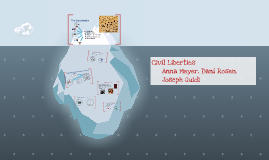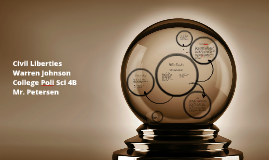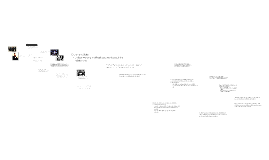civil liberties
Transcript: Civil liberties are rights and freedoms that provide an individual specific rights such as the right to life, freedom from torture, freedom from slavery and forced labour, the right to liberty and security, right to a fair trial, the right to defend one's self, the right to privacy, freedom of conscience, freedom of expression, freedom of assembly and association, and the right to marry and have a family Common civil liberties include the rights of people, freedom of religion, and freedom of speech, and additionally, the right to due process, to a trial, to own property, and to privacy The formal concept of civil liberties dates back to the English legal charter the Magna Carta 1215, which in turn was based on pre-existing documents namely the English Charter of Liberties, a landmark document in English legal history In the United States, freedom of religion is a constitutionally guaranteed right provided in the religion clauses of the First Amendment. Freedom of religion is also closely associated with separation of church and state, a concept advocated by Thomas Jefferson civil liberties

















